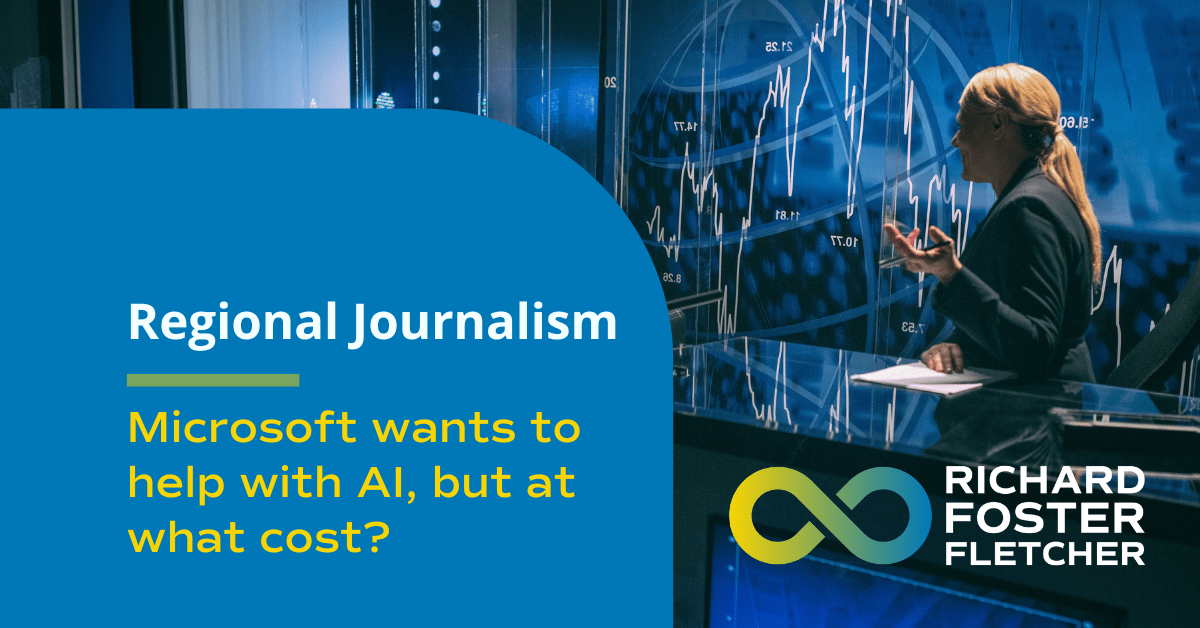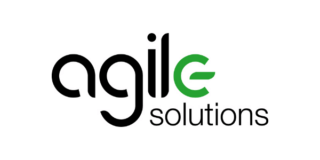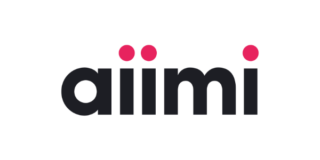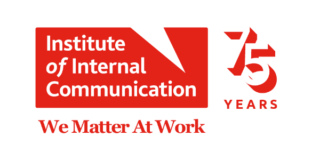
Regional Journalism: Microsoft wants to help with AI, but at what cost?

Microsoft and OpenAI’s decision to partner with the Lenfest Institute to provide millions in grants and technical support to regional news outlets signals an ambition to reshape journalism with AI tools. While this initiative promises to boost the efficiency and reach of struggling newsrooms, it raises deeper questions about power dynamics, independence, and the integrity of journalism in democratic societies.
Supporting Regional Newsrooms: The Promises
The grants, split between cash and software credits, aim to equip regional newsrooms with the resources and technical expertise to integrate AI into their operations. The two-year fellowship programme places dedicated AI specialists within newsrooms to help explore how AI can support journalistic tasks like investigation, audience targeting, and content distribution. This approach reflects a clear attempt to address the chronic underfunding of regional news outlets, offering a lifeline to organisations facing shrinking budgets and declining advertising revenue.
The potential benefits are clear: automation of routine tasks like data transcription, more precise audience segmentation for digital monetisation, and AI’s ability to sift through public records efficiently. In theory, this would free up reporters to focus on in-depth stories that require human judgement and local knowledge.
The Risks of Corporate Influence and Concentration of Power
However, as promising as these developments may seem, they also come with risks that should not be overlooked. One of the most pressing concerns is the increasing concentration of influence that tech giants like Microsoft and OpenAI hold over journalistic institutions. When funding and technological support are provided by the very companies that produce and control the AI systems, the balance of power can begin to tilt.
Influence over Editorial Choices: While the initiative aims to augment journalism rather than replace it, embedding AI tools within newsrooms inevitably introduces these companies’ algorithms and priorities into editorial workflows. News outlets reliant on these tools may gradually align their content with AI-driven analytics and recommendations, potentially shifting the focus of reporting towards stories that are more commercially viable or algorithmically favourable. This could undermine the role of journalism as a democratic watchdog, especially if outlets lose sight of their editorial independence in favour of technological efficiencies.
Data Ownership and the Economics of AI Journalism
Another significant concern revolves around data ownership and the economics of AI journalism. AI tools rely heavily on access to large amounts of data to function effectively. By providing AI software and credits, Microsoft and OpenAI could gain privileged access to the vast datasets that regional newsrooms collect and use. This creates an imbalance in which tech companies, rather than news organisations, have the upper hand in controlling how information is processed, distributed, and monetised.
Additionally, these AI tools aren’t merely neutral facilitators. They are products of specific corporate strategies and are coded with inherent biases and commercial goals. Newsrooms that integrate these tools without careful scrutiny might inadvertently reinforce these biases or prioritise certain stories based on AI predictions about audience engagement. This could potentially steer editorial judgement in unintended directions, narrowing the scope of reporting.
The Threat to Independent Journalism and Democracy
At the heart of this discussion lies a fundamental democratic principle: the freedom of the press. Independent journalism is essential for holding power to account, fostering public debate, and ensuring that communities have access to accurate and impartial information. By relying on AI systems controlled by powerful corporations, newsrooms risk becoming intermediaries for narratives shaped by those companies’ commercial interests.
The partnership with the Lenfest Institute, an organisation committed to sustainable local journalism, suggests an effort to mitigate these risks by focusing on responsible integration. However, the reliance on Microsoft and OpenAI raises concerns about the long-term autonomy of the outlets involved. As more local newsrooms integrate these tools, it’s crucial to ask: Will their ability to challenge and scrutinise corporate power be compromised by their reliance on that very power?
Towards a Thoughtful and Ethical Use of AI in Journalism
The success of this initiative will depend on whether it can achieve a delicate balance: providing critical support to regional newsrooms without compromising their independence. Establishing strong ethical frameworks around the use of AI tools is essential. News organisations must retain editorial oversight and ensure that AI-driven insights are subject to the same scrutiny as human-generated content. This means clear transparency policies about the role AI plays in content creation and ongoing training for journalists to critically evaluate AI outputs.
Moreover, newsrooms must prioritise maintaining control over their own data and resist becoming overly dependent on third-party platforms. This will require not just technical integration, but an alignment of journalistic values with the deployment of AI.
Conclusion: Navigating the Future of AI-Driven Journalism
The partnership between Microsoft, OpenAI, and the Lenfest Institute offers the promise of revitalising regional newsrooms, but it also underscores the growing influence of tech companies in shaping the media landscape. The potential benefits are considerable, but they must be weighed against the risks to independence, transparency, and editorial integrity.
As AI systems continue to become more embedded in journalism, it is crucial to ask whether the tools being offered are serving the public interest or merely extending the reach of the companies behind them. Safeguarding the freedom of the press in a digital age depends on recognising these risks and prioritising the ethical use of AI in the service of independent journalism.
















